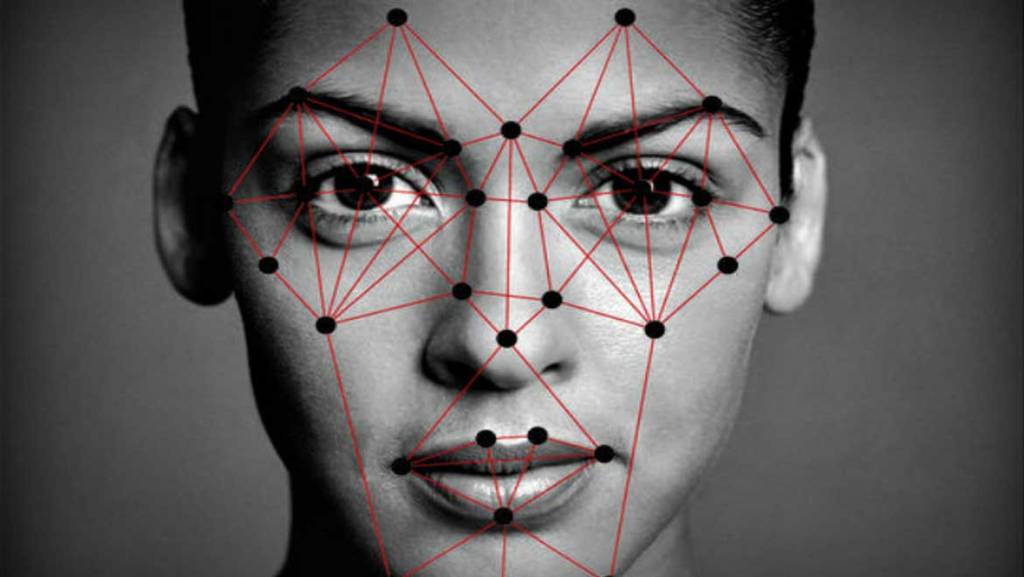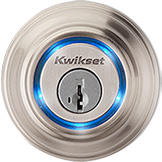Tag: security
-
Control, Alt, Google

There’s a popular keyboard shortcut <Control><Alt><Delete> that, generally speaking, interrupts or facilitates interrupting a function. For example, if a program on your computer hangs or crashes, you press this popular combination to force the program to close. Today I’m coining a new term, <Control><Alt><Google>. In a nutshell, you can now tell Google to delete the…
-
Feds & Technology

In the last few days, several reports have emerged outlining steps the United States Federal Government is taking in realm of (personal) technology. These accounts are in line with what I recently told you in a post about Smart Speakers. When it comes to technology, privacy/security trumps EVERYTHING and the three (3) reports below are proof…
-
Smart Speakers

The smart speaker industry is expected to grow 63% in 2019 (Deloitte). I have not been an early adopter of smart speakers because I wanted to scope out the market, gauge user adoption and weigh pros/cons for each option. The most popular options being: Alexa (Amazon), Google Assistant (Google) and Siri (Apple). Apple is my go-to for…
-
Ransomware & Bitcoins

Ok ladies, it’s time for some heavy lifting! So let’s get right to it: Question: What is Ransomware? Answer: Ransomware is a type of malware that prevents or limits users from accessing their system. It forces its victims to pay the ransom through certain online payment methods in order to grant access to their systems, or to…
-
Wireless-Enabled Deadbolt Lock

Your Smartphone is now your key with the Kwikset Kevo Wireless-Enabled Deadbolt Lock! With this device, you can now keep your phone in your pocket or purse. For $219.95 per lock, no more fumbling for your keys… just touch the lock to open for the ultimate in convenience. People who own homes and typically enter their through…